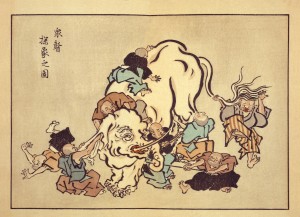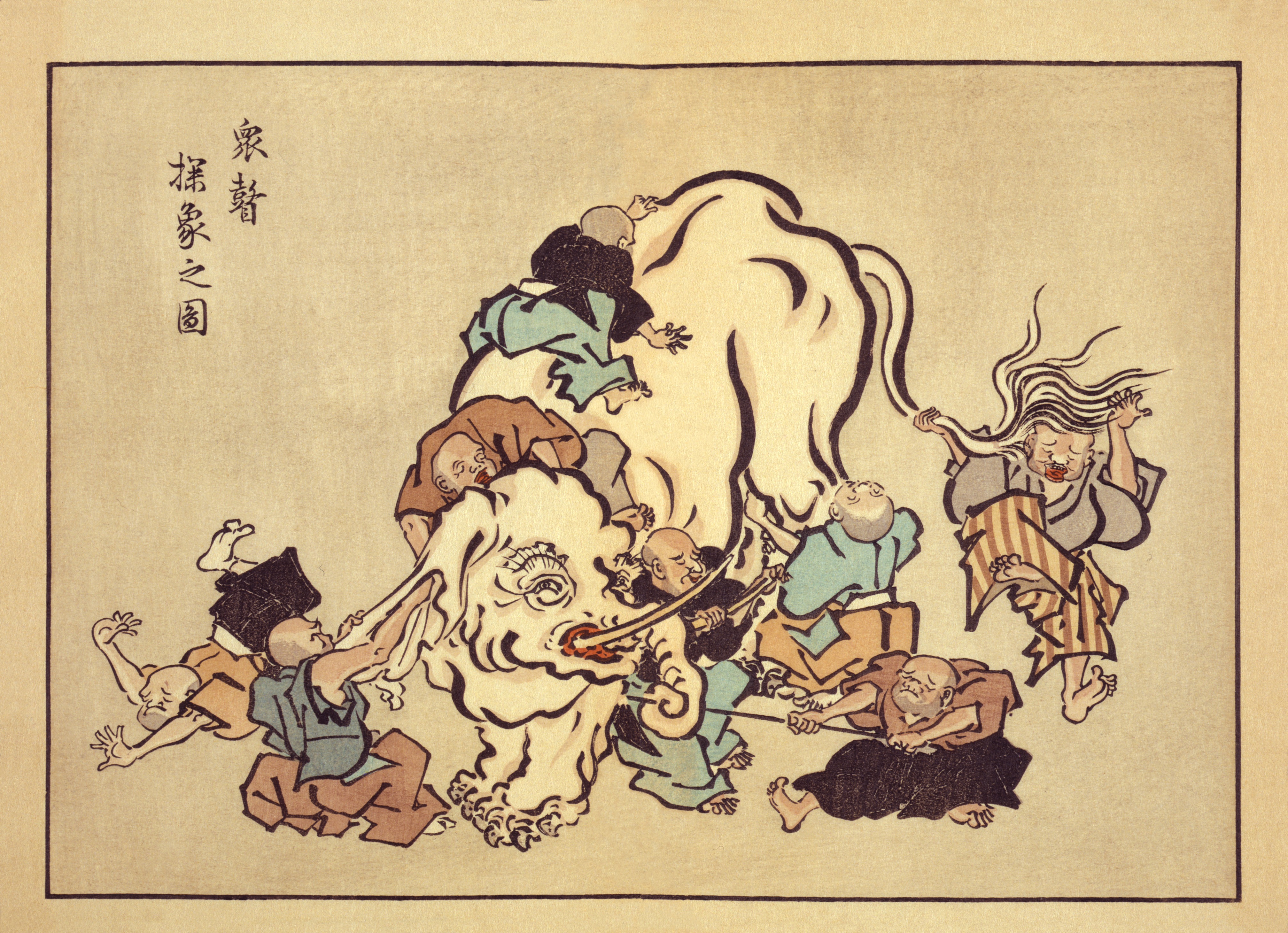Samuel said to Jesse, “Are all your sons here?” And he said, “There remains yet the youngest,
but he is keeping the sheep.” And Samuel said to Jesse, “Send and bring him;
for we will not sit down until he comes here.” He sent and brought him in.
Now he was ruddy, and had beautiful eyes, and was handsome.
The LORD said, “Rise and anoint him; for this is the one.”—Samuel 16:11—12
The king the people of Israel had perceived of and the reality of the king they got, were two different things. Samuel is sent to find a new king, and while meeting the sons of Jesse he too gets the wrong idea. His perception of what a king should be like is different from what God is looking for. Samuel was impressed by the strength, accomplishments and good looks of the older brothers, but God waited for the sweet shepherd David.
We human beings are notorious for looking at the external, but God looks on the heart. As people of God we are called to consider things not through the eyes of social norm and mores but through the eyes of God, the eyes of love. And sometimes, that which we perceive is colored by the way we see the world and the baggage we bring to each moment.
As we come together this week to elect our new Leadership Circle, and as we spend time this summer assessing and adjusting our Sanctuary UCC experiment—I offer the parable of the Blind Men and the Elephant and a word of confession for our work.
Rev. Wendy Miller Olapade
 The Blind Men and the Elephant
The Blind Men and the Elephant
by John Godfrey Saxe (1816–1887)
It was six men of Indostan
to learning much inclined,
who went to see the Elephant
(though all of them were blind),
that each by observation
might satisfy his mind.
The first approached the Elephant,
and happening to fall
against his broad and sturdy side,
at once began to bawl:
“God bless me! but the Elephant
Is very like a wall!”
The second, feeling of the tusk,
cried, “Ho, what have we here,
so very round and smooth and sharp?
To me ‘tis mighty clear
this wonder of an Elephant
is very like a spear!”
The third approached the animal,
and happening to take
the squirming trunk within his hands,
thus boldly up and spake:
“I see,” quoth he, “the Elephant
is very like a snake!”
The fourth reached out an eager hand,
and felt about the knee
“What most this wondrous beast is like
is mighty plain,” quoth he:
“’Tis clear enough the Elephant
is very like a tree!”
The fifth, who chanced to touch the ear,
said: “E’en the blindest man
can tell what this resembles most;
deny the fact who can,
this marvel of an Elephant
is very like a fan!”
The sixth no sooner had begun
about the beast to grope,
than seizing on the swinging tail
that fell within his scope,
“I see,” quoth he, “the Elephant
is very like a rope!”
And so these men of Indostan
disputed loud and long,
each in his own opinion
exceeding stiff and strong,
though each was partly in the right,
and all were in the wrong!
Our Confession: 
God of mercy, so often we are like the six people in the poem, and make outward appearance the factor we use to inform ourselves about others – the feature that we use to decide if we will hold another person in regard or not. We acknowledge the shallowness of this.
We confess that we can hold a narrow view. We can be so convinced that what we perceive is true that we close our hearts and minds to alternatives. We can become contemptuous for difference and disdainful of scenarios that don’t fit our outlook.
We acknowledge the hard-heartedness of this. We confess that at times we are unwilling to do the work to look deeper, to consider the multitudes of circumstances and events that are required to make informed and just judgments about the people we meet. We are sorry.
Affirmation:
Beloved, God does not look at outward appearances, God looks into the heart. In Christ there is no limit to grace, we are offered renewal and restitution in Christ’s name. Amen.





